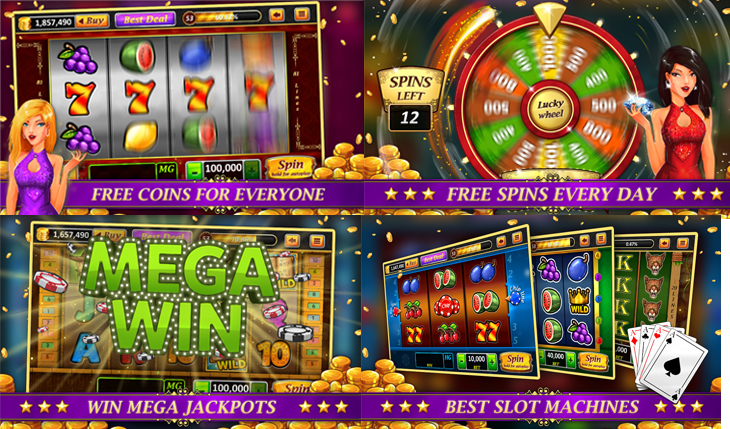Online gaming has evolved rapidly over the last few decades, starting from simple multiplayer games like Pong and Space Invaders to the complex, immersive worlds of Fortnite and World of Warcraft. However, a new frontier is emerging in the Hoki805 online gaming space: Social VR Gaming. This development is transforming the way players interact with one another, blending the physical and digital realms to create more immersive, social experiences.
What is Social VR Gaming?
Social VR gaming refers to virtual reality (VR) platforms that allow players to interact with each other in a shared virtual space. Unlike traditional online gaming, which generally offers interaction through text chat or voice communication, Social VR allows users to step into fully realized 3D worlds, where they can see and interact with other players as avatars in real time.
The main appeal of Social VR is its ability to break down geographical barriers, allowing players from around the world to communicate, cooperate, and compete in a way that feels more natural and immediate. Players can physically move around the space, use gestures, and even express emotions through their avatars, creating a sense of presence that text-based or 2D games can’t replicate.
Key Platforms in Social VR Gaming
Several platforms have emerged as leaders in Social VR gaming, with each offering unique experiences:
- VRChat: One of the most popular Social VR platforms, VRChat offers players the ability to create and explore countless worlds, ranging from simple hangout spaces to complex game environments. With custom avatars, voice chat, and the ability to create games, VRChat is a hub for social interaction and creativity.
- Rec Room: Focused on fun, casual experiences, Rec Room is another major player in the Social VR space. Players can enjoy a variety of games like paintball, quests, and mini-games, all while meeting people in its virtual environments. It’s accessible on multiple VR headsets and even on mobile devices, making it one of the most widely played Social VR games.
- Horizon Worlds: Developed by Meta (formerly Facebook), Horizon Worlds is a platform that combines social networking with immersive virtual environments. Players can create their own spaces, interact with friends, and experience games in a shared VR environment. Meta’s push for the Metaverse has made Horizon Worlds an important player in the development of Social VR.
- AltspaceVR: AltspaceVR is a platform designed for social gatherings, events, and meetups. It’s not focused on gaming in the traditional sense, but it offers many virtual events, including comedy shows, live performances, and social meetups. AltspaceVR is an example of how Social VR can be used for purposes beyond gaming, creating a new kind of online social space.
The Social Impact of Social VR Gaming
One of the most fascinating aspects of Social VR is its potential to reshape how we build and maintain relationships. Online gaming has always been a platform for social interaction, but Social VR takes it a step further by enabling face-to-face interaction, albeit in a digital form. This can lead to stronger connections and deeper friendships, as players can spend time in immersive, shared spaces and communicate in a more human-like manner.
Moreover, Social VR gaming could play a role in combating loneliness and fostering inclusion. For people who are socially isolated due to physical, geographical, or emotional reasons, Social VR offers a way to connect with others. The ability to participate in virtual activities, from casual games to complex team challenges, can help individuals feel more engaged and part of a community.
